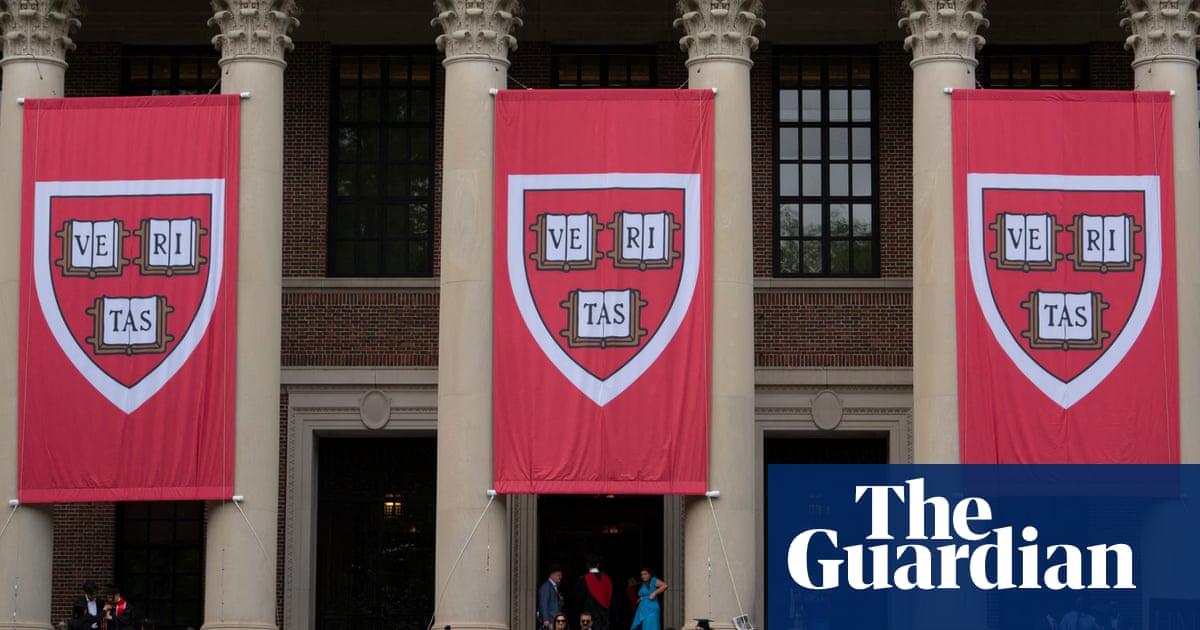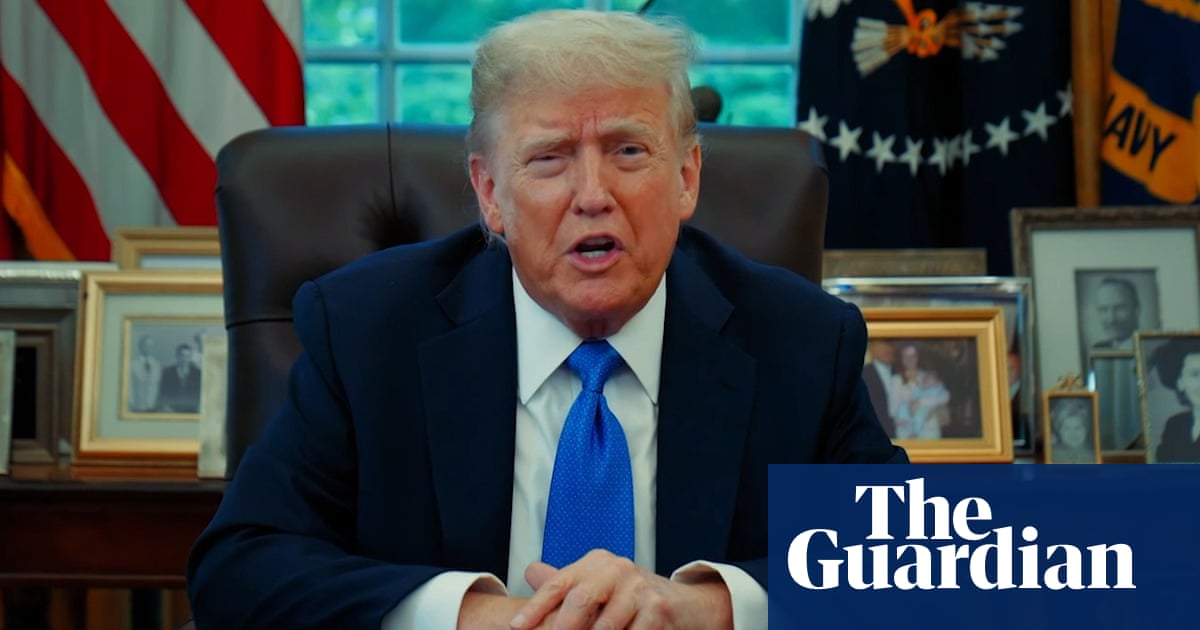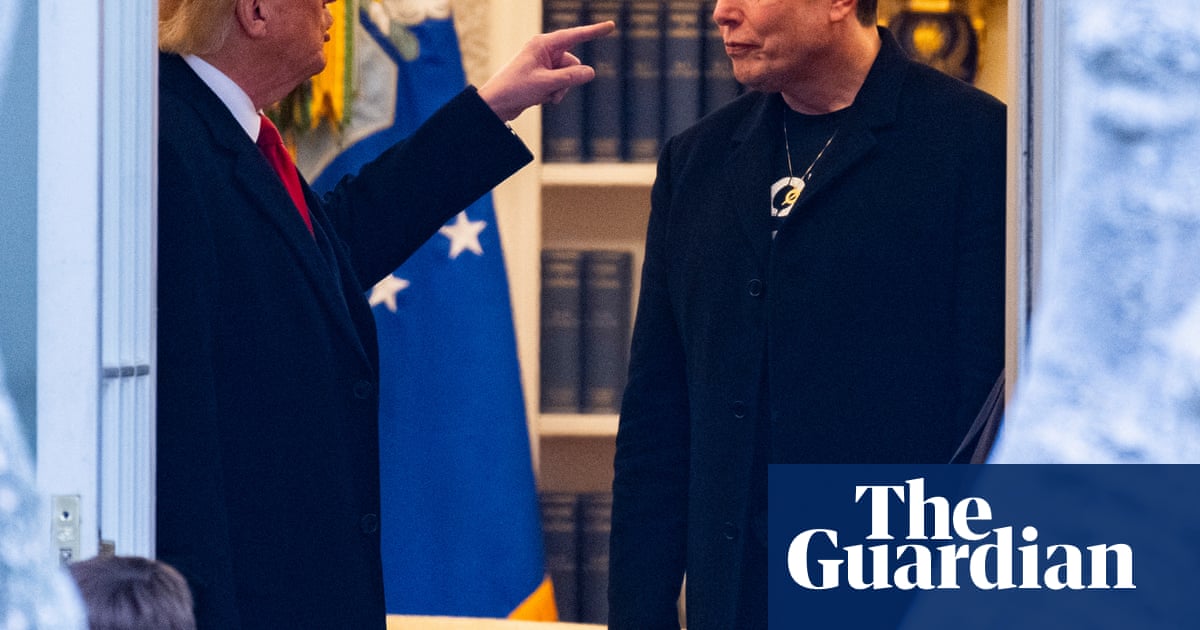During a 25 April proceeding in Luigi Mangione’s Manhattan federal court case for allegedly murdering UnitedHealthcare chief executive Brian Thompson last year, the judge implored prosecutors to watch what they say – including top honchos of Donald Trump’s justice department.
Judge Margaret M Garnett pointed prosecutors to a district court policy barring lawyers on both sides from making “public commentary that could impede Mr Mangione’s right to a fair trial”.
“I’m specifically directing the government to convey my directive to Mr Clayton,” she said, in reference to acting Manhattan federal prosecutor Jay Clayton. Garnett also directed that the prosecution “request that he convey the same to attorney general [Pam] Bondi” and her associates.
It was the latest twist to an extraordinary case. Thompson was shot dead on the streets of Manhattan, triggering a huge manhunt for his killer. But his murder also triggered an outpouring of rage and despair by many American at the practices of the US for-profit healthcare industry.
Mangione himself has become a lightning rod figure – for both sides of the US’s fractious political divide. For some fans, he is a cult figure symbolising a resistance to the evils of healthcare capitalism. For the right – and many Trump figures – he is a dangerous and violent radical. It is the latter people that were the subject of Garnett’s words.
Garnett’s caution came several weeks after lawyers for Mangione, 26, argued that the death penalty should be taken off the table in part because of Bondi’s commentary on the case. Several weeks prior, the US attorney general announced that she was directing prosecutors to seek the death penalty and described Thompson’s killing as “a premeditated, cold-blooded assassination that shocked America”.
Bondi also claimed that her decision was aligned with “President Trump’s agenda to stop violent crime and make America safe again”.
Mangione’s defense argued that Bondi’s statement helped launch her new US attorney general Instagram account, @agpambondi. The defense also pointed to similar comments during Bondi’s Fox News appearance several days later, which, they claim, skipped over the fact that defendants are presumed innocent until proven guilty. Mangione’s defense contended that this talk could have biased the grand jurors weighing his case.
Experts in criminal law told the Guardian that a judge likely wouldn’t bar prosecutors from seeking the death penalty because of such comments. Several felt that this style of commentary could present fairness issues for Mangione’s case but also enable his defense to be more vocal in public.
Anna Cominsky, a professor of law and director of the criminal defense clinic at New York Law School, said that would-be jurors could see prosecutors’ out-of-court statements and assume them to be proven facts before trial.
“We’re always concerned about the jury pool being unfairly tainted,” Cominsky said. “In particular, when it comes to prosecutors and law enforcement, we have to hold them to a standard.
“No matter what anybody thinks, Mangione has the presumption of innocence, which means that no facts have been proven.”
Cominsky said both sides needed to be “mindful” about their public comments but prosecutors in particular “have an obligation to prove their case in front of the jury, not try their case to the media”.
But it is hard to say exactly when out-of-court statements by public figures might have an impact.
“The rules are vague enough that it’s hard to know when they cross the line,” Gregory Germain, a professor of law at Syracuse University’s College of Law, said.
“What the judge did is what judges usually do if they think they’re getting close to the line: they admonish them and remind them of their obligation,” he said. “They hope then that the prosecutors will behave themselves and not try the case in front of the public, but try the case in the court and not impair the defendant’s right to a fair trial.”
It is possible that allegedly questionable prosecutor statements could help a defendant’s PR efforts. If there are extreme comments, defense attorneys might have more latitude with statements they make about the case.
after newsletter promotion
“It’s fair response,” said Neama Rahmani, president of West Coast Trial Lawyers and a former federal prosecutor. If the defense can speak more openly, then their comments could reach more potential jurors, potentially swaying them more in Mangione’s favor.
“The defense’s best strategy here is jury nullification,” Rahmani said.
Jury nullification is when panelists think a defendant committed wrongdoing, but refuse to find them guilty “because the jury wants to send a message about some social issue that is larger than the case itself, or because the result dictated by law is contrary to the jury’s sense of justice, morality or fairness”, Rahmani added.
While jury nullification is possible, it’s an exceedingly rare outcome.
“I think it’s a very strong case in terms of him doing it. I think it’s going to be hard for them to argue that it wasn’t him or that it was unintentional,” Rahmani said. But, in the public perception, “he is a very sympathetic accused murderer”.
Jeffrey Lichtman, a longtime New York City defense attorney whose high-profile clientele has included Joaquín “El Chapo” Guzmán and mobster John Gotti Jr, said he thought this kind of prosecutor commentary was “par for the course”.
“I don’t think that the government’s comments were so beyond the pale; it happens in every high-profile case,” he said.
“Most of us are used to dealing with this sort of stuff, and kind of let it roll off our backs – not because we don’t want to fight the government, because we recognize that doesn’t really matter.”
“Plus, we also want to be able to speak our minds publicly.”
A spokesperson for the southern district of New York declined to comment. The justice department did not immediately respond to a request for comment.
Mangione pleaded not guilty at a recent proceeding. His legal team on Thursday filed paperwork pushing for the dismissal of his New York state murder charges.

 German (DE)
German (DE)  English (US)
English (US)  Spanish (ES)
Spanish (ES)  French (FR)
French (FR)  Hindi (IN)
Hindi (IN)  Italian (IT)
Italian (IT)  Russian (RU)
Russian (RU)  1 month ago
1 month ago
























Comments